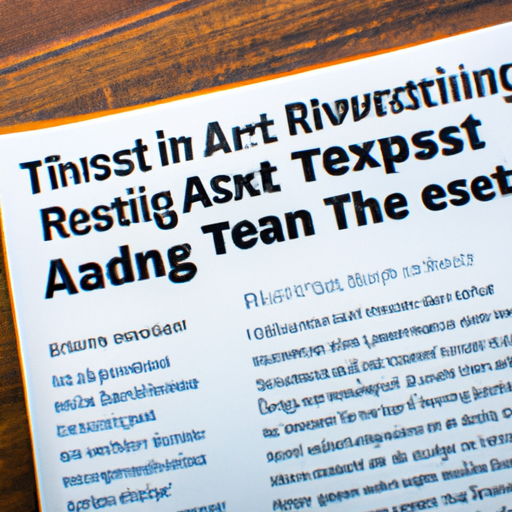
The Art of Active Listening: Tips and Best Practices for Podcast Interviews
As a science educator with a PhD, I have conducted countless interviews with researchers, professors, and experts in various fields. Through this experience, I have learned the importance of active listening in podcast interviews. Active listening means not only hearing what your guest is saying, but also understanding and responding to their ideas and thoughts. In this article, I will share some tips and best practices for active listening during podcast interviews.
Prepare for the interview
Before starting the interview, take some time to research your guest and the topic they will be discussing. This will make you feel more prepared and confident during the interview, allowing you to focus on listening to your guest’s ideas rather than worrying about what to ask next. Additionally, make sure to have a list of questions prepared in advance, but be flexible and open to following the conversation wherever it may lead.
Engage in active listening
During the interview, actively listen to your guest by paying attention to their words and nonverbal cues. Make eye contact and nod your head to show that you are engaged in the conversation. Additionally, paraphrase what your guest has said to demonstrate that you understand their ideas and to clarify any misunderstandings. Avoid interrupting or talking over your guest, and instead, wait for pauses or natural breaks in the conversation to ask follow-up questions or to share your own thoughts.
Show empathy and curiosity
To foster a comfortable and open conversation, show empathy and curiosity towards your guest’s ideas and experiences. Try to put yourself in their shoes and understand their perspective. Additionally, ask open-ended questions that allow your guest to expand on their thoughts and opinions. This will not only make your guest feel more comfortable, but it will also lead to more engaging and enlightening conversations.
Reflect on the interview
After the interview, take some time to reflect on the conversation and the ideas discussed. Consider how the conversation can be applied to your own life or work, and what you have learned from your guest. Additionally, review the recording of the interview to gain insights into your own listening skills and how you can improve for future interviews.
Final thoughts
In conclusion, active listening is a crucial component of successful podcast interviews. By preparing for the conversation, engaging in active listening, showing empathy and curiosity, and reflecting on the conversation, you can create an engaging and enlightening conversation that both you and your listeners will enjoy. So go forth, and listen actively!






